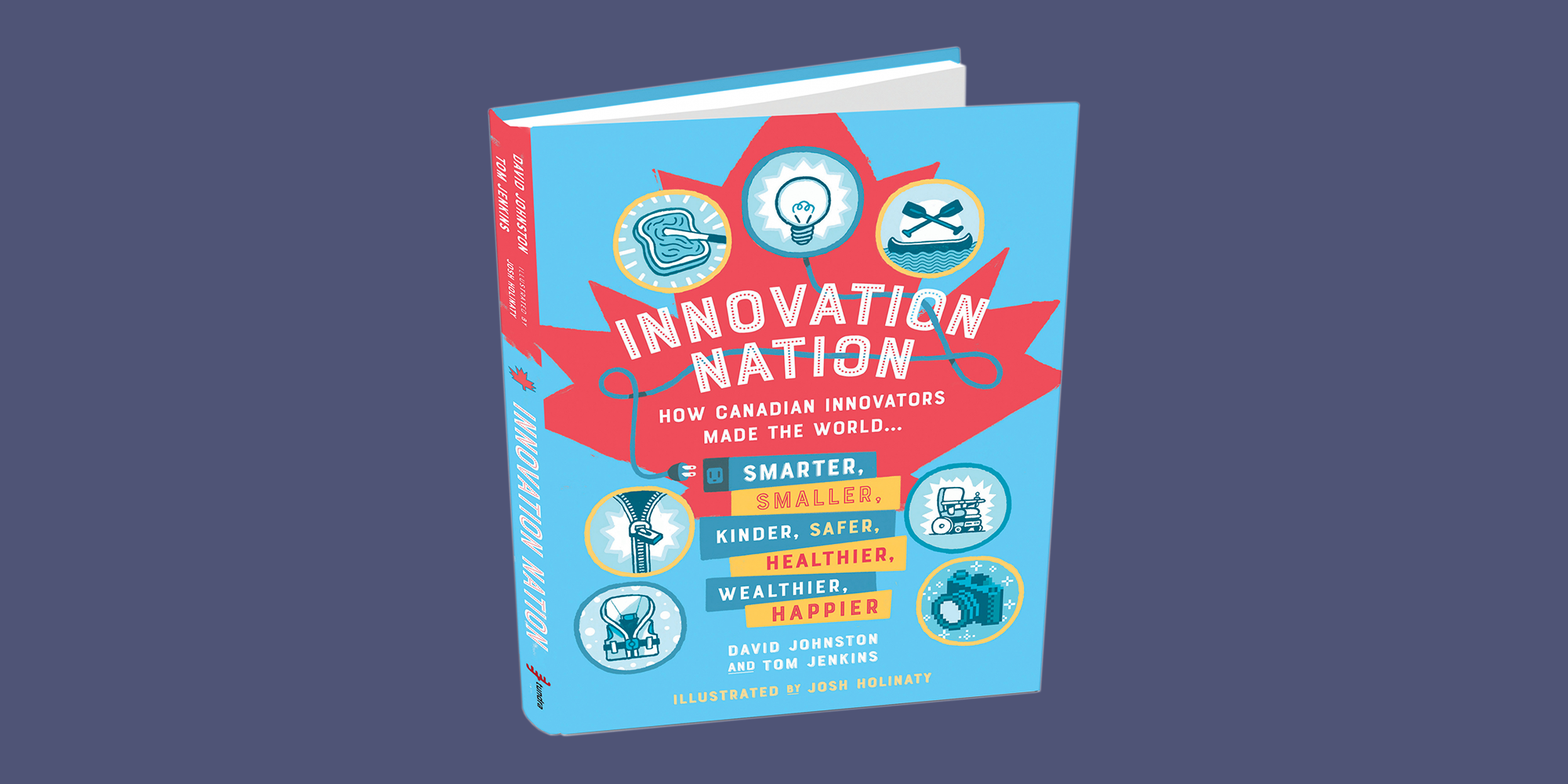Customer experience for mobile phones is more essential to one’s business that one might think. No one has adequate time for bad user-experiences, be it the consumers or the employees included. Prior to dive deep into the basic facts of the hybrid and native mobile applications, there is one of the most important facets of mobile that one should be answered of. Let us have a look.
It is the Time to Market or Do it in a Perfect Way
Mobile phones today are very, very personal devices. If you have lost your phone then you must know the painful and troublesome situations you have come across. If never say, “Oh well enough, I will surely find another good time. It is just not that essential for me.” You would surely not. Once you lost your important mobile phone, your biggest task would be to find the phone to get the phone replaced, because all other certain priorities go out of the window.
Think About Performance, Security and User Experience
As you read all your important documents, you must know and understand that the user experience trumps everything else in the time it comes to mobile phone. The fact is quite familiar that hybrid application does not perform with native application, so, whether you are going to select a hybrid one, try to make sure that your user experiences may suffer. While there are many benefits of using hybrid, because consumer experience for mobile phone should be the primary concern. Let us see at a glance which one would be best for you.
Native Application
- Native UI allows its users to quickly and easily learn the application
- It is easy to discover in the application stores, for instance Apple’s App Store, Play Store etc.
- Access to devices software or hardware, for instance GPS location, calendar etc.
- The user experience is far better.
Hybrid Application
- Hybrid app is widely known for its portability.
- It is one code based but well for multiple platforms.
- Access to multiple software or hardware capabilities by way of plug ins.
- It has cheaper cost of origination.
- It can give you faster speed to the market
In as much as, these days, companies take important decision prior to enter the world of mobile applications, if they need a hybrid or native mobile apps. Do you really need or entice your users by creating a totally native app that can integrate into the powerful platform of their choice – iOS or an Android? Or you are keen in implementing a minimum viable product approach as well as quick development of a hybrid app that can be widely released across platforms? Although, it is potentially quick and easy to create and manage, but the second strategy is likely to outcome in a less than a flawless user experience with subpar performance.







